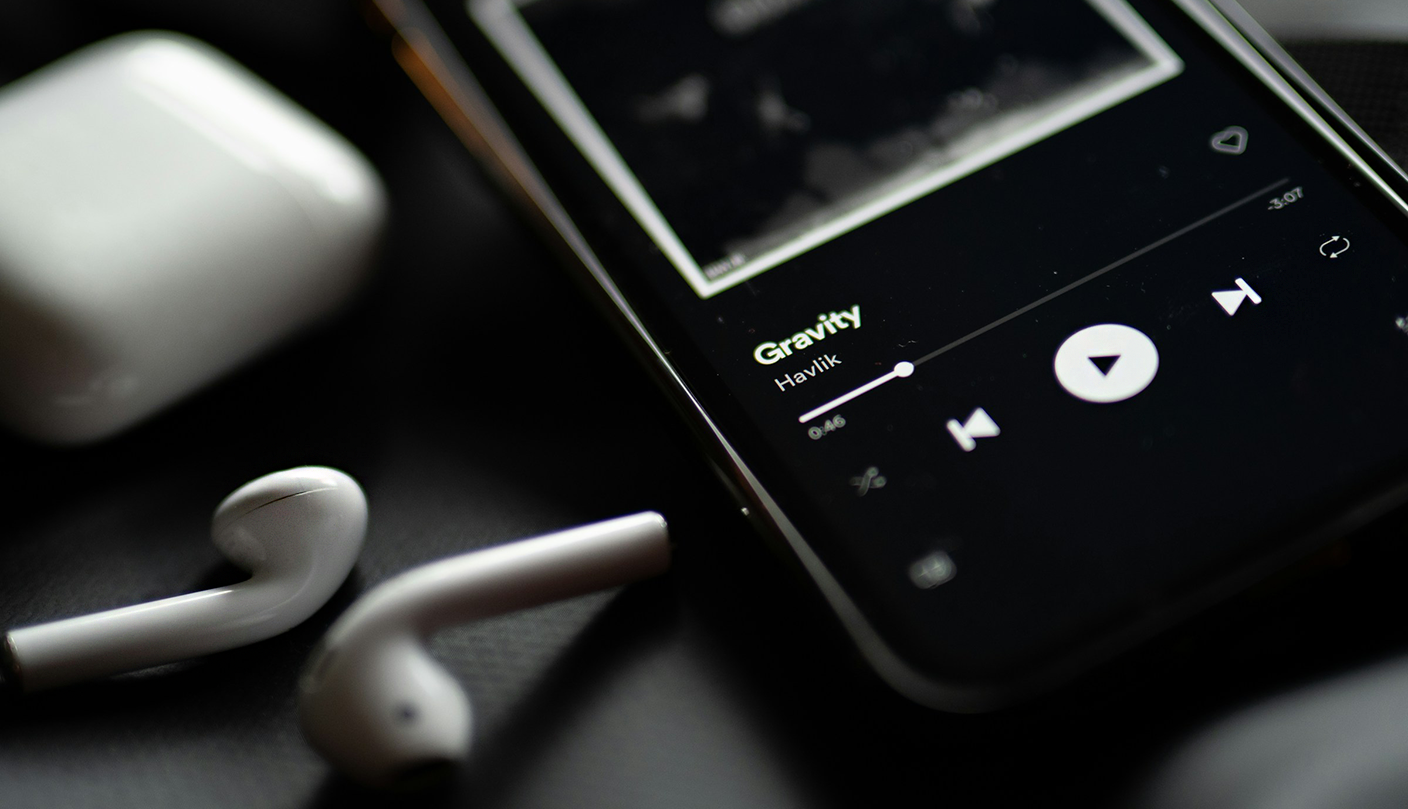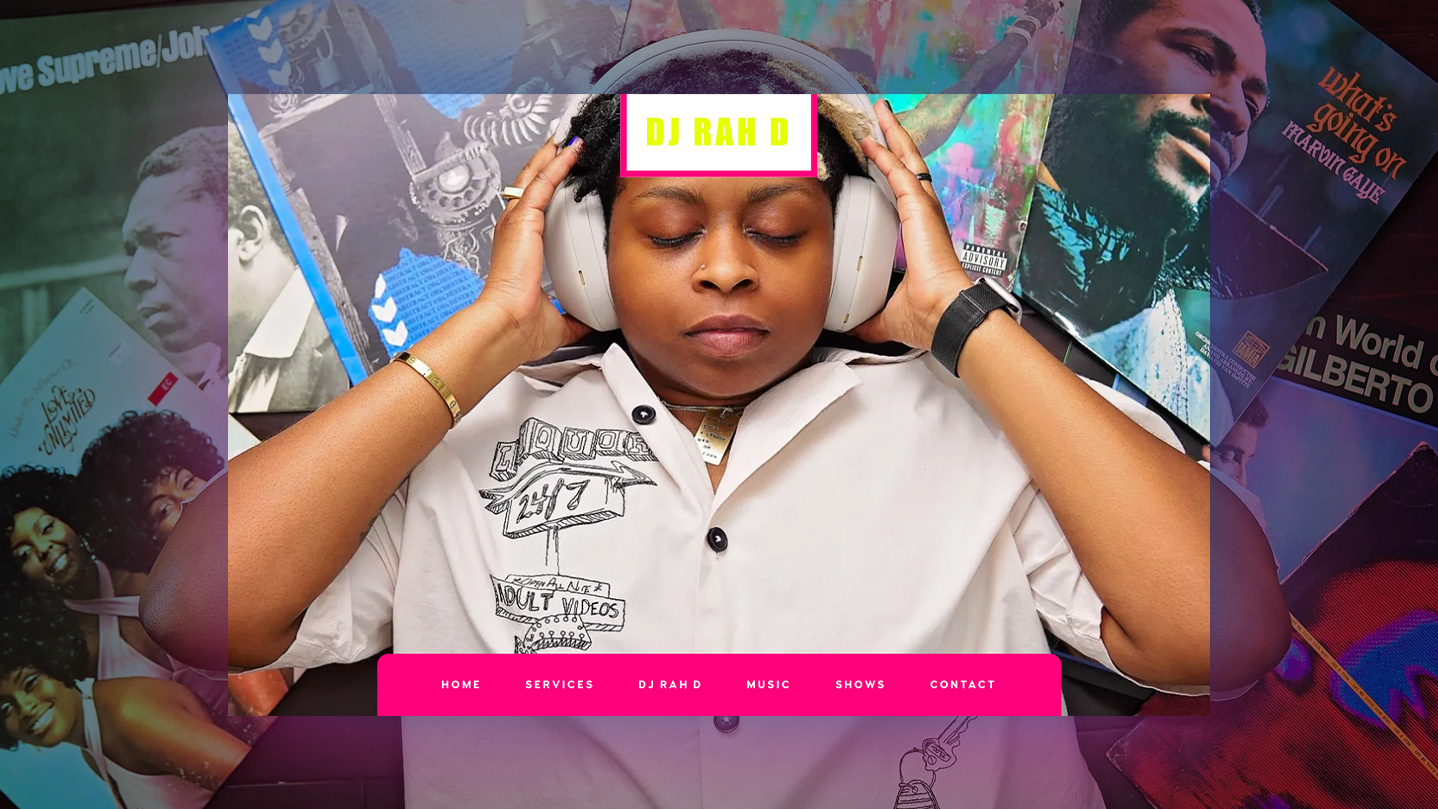So you’re learning a new instrument. You pick it up everyday to doodle around, and find yourself discovering new notes, methods, and tools. The more you learn, the more exciting it is to imagine what you could do with your instrument, such as writing.
Writing on a new instrument can certainly feel daunting. It’s easy to get lost in questions like ‘What if the chord I want just won’t come out?’ Or ‘What if I can’t switch notes quick enough?’
I’m here to tell you all of that will come in time. And sure, while it might cause some stalls in the speed of your creative process, it could open a brand new world of creativity for you too.
Still feeling hesitant? Don’t worry. We’ve got you! Here are 6 tips on songwriting with new instruments:
1. Start with what you know
This first tip might seem a bit obvious, but it needs to be said. When you start writing on a new instrument, it can be tempting to pick complex ideas and playing techniques you’ve heard other musicians use. But as you’re just starting out, picking a playing style, or a chord that’s too difficult for you, may hinder your writing process. After all, you don’t want to be so busy thinking of how to use your instrument in that new way that you give up on writing all together!
Instead, keep it simple, and stick with what you already know. You can always fancy up the song after you’ve written it, or once you’ve learned a new playing technique!
2. Resources
Use your resources! A new instrument might feel limiting, but using chord charts and checking internet resources that give you an idea of where to start can reveal new horizons for both your playing and your writing.
Feeling confident and want to try a different chord? Start off by googling some variations of how to play. If you’re not sure what’ll sound good, you can even look up your favorite artist’s chord patterns and see if you canecho their harmonic progression in chords you already know.
In this age of the internet, anything you could ever want to know is right there at your fingertips.

Build a stunning website for your music
Bandzoogle gives you all the tools you need to create your own unique band website, including responsive templates and commission-free selling tools.BUILD YOUR WEBSITE
3. Make your own rules
One of the first things many people learn when practicing a new instrument is its rules. While it is important to honor the tradition of the instrument of your choice, making your own rules can be powerful. Try tapping your fingers on the wood of a guitar, for instance, instead of strumming. Test whatever comes to mind.
When the instrument is new, there tends to be more curiosity to discover it. So even if you want to play more traditionally, remember that the only limitations you have with this new instrument are the boundaries you’ve put on yourself.
4. Play, play, play!
This may seem contradictory to the other rules, but one beautiful thing about writing on a new instrument is discovering your unique playing style. Do you like finger picking? Using metal finger picks? Or perhaps a plastic one on your new guitar? Or maybe you prefer plucking on your violin instead of using a bow?
Whatever instrument you have, it’s new and fun and should inspire creativity in you, so feel free to experiment. Let your writing practice be about having fun. Play, play, play!
5. Take your time
Many songwriters write multiple songs a day. Especially if it’s their full time gig. But we’re all artists at heart, and learning a new instrument means you shouldn’t hold yourself to any sort of usual standards.
Take your time working on whatever you end up writing. Use the steps above and focus on playing, making your own rules, researching new techniques — and, above all, have fun with it!
Your instrument is only new for a little while, So be sure to really appreciate what an inspiring time you’re in right now, and milk it to its fullest. You’ll have all the time in the world to shred on your instrument and write quick songs later on.
6. Don’t be afraid to fail
Last, but certainly not least: don’t be afraid to fail. It’s important to remember that when writing on a new instrument, trial and error is going to be your best friend. That is how we learn,find inspiration, and improve.
Learning a new instrument is an exciting and inspiring time. As scary as it can be to start writing on a new instrument as a novice, we hope these 6 tips help you take that final jump to get you started!
Did we miss any great tips? Feel free to let us know in the comments below. After all, we’re all here learning together. And when it comes to ways to expand your creativity, the world knows no bounds.
As always: have fun, and happy writing.



